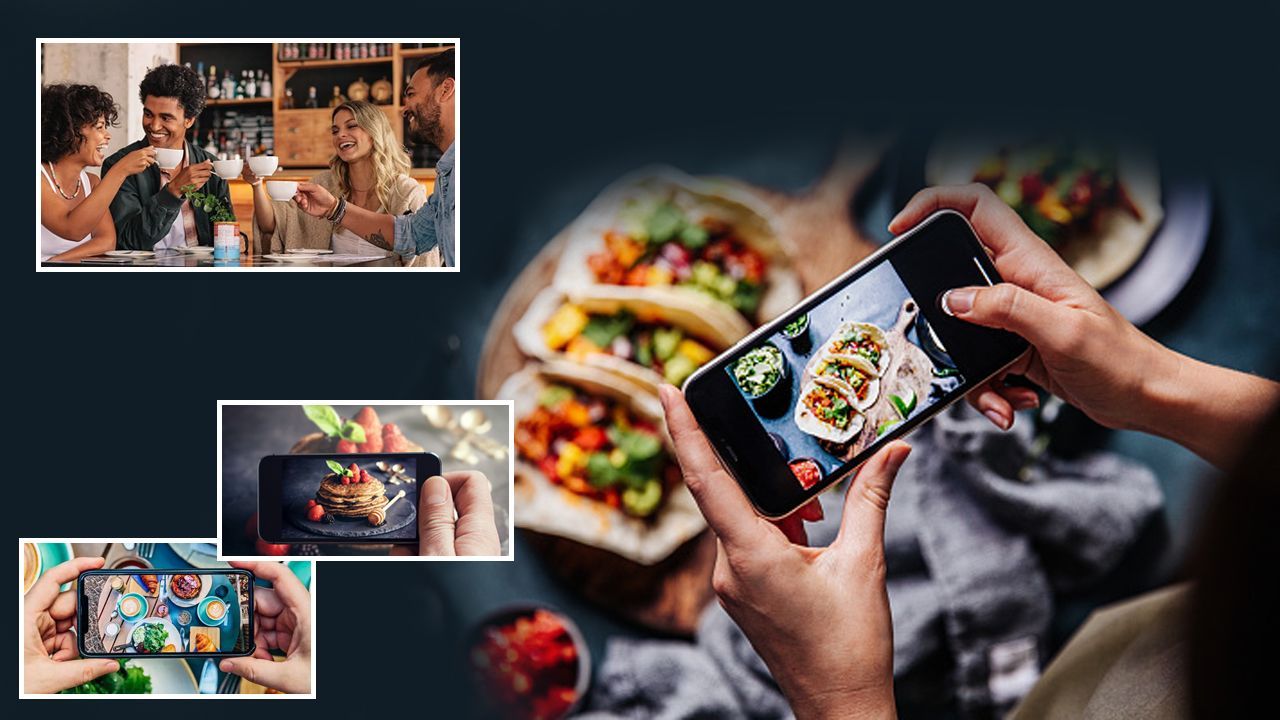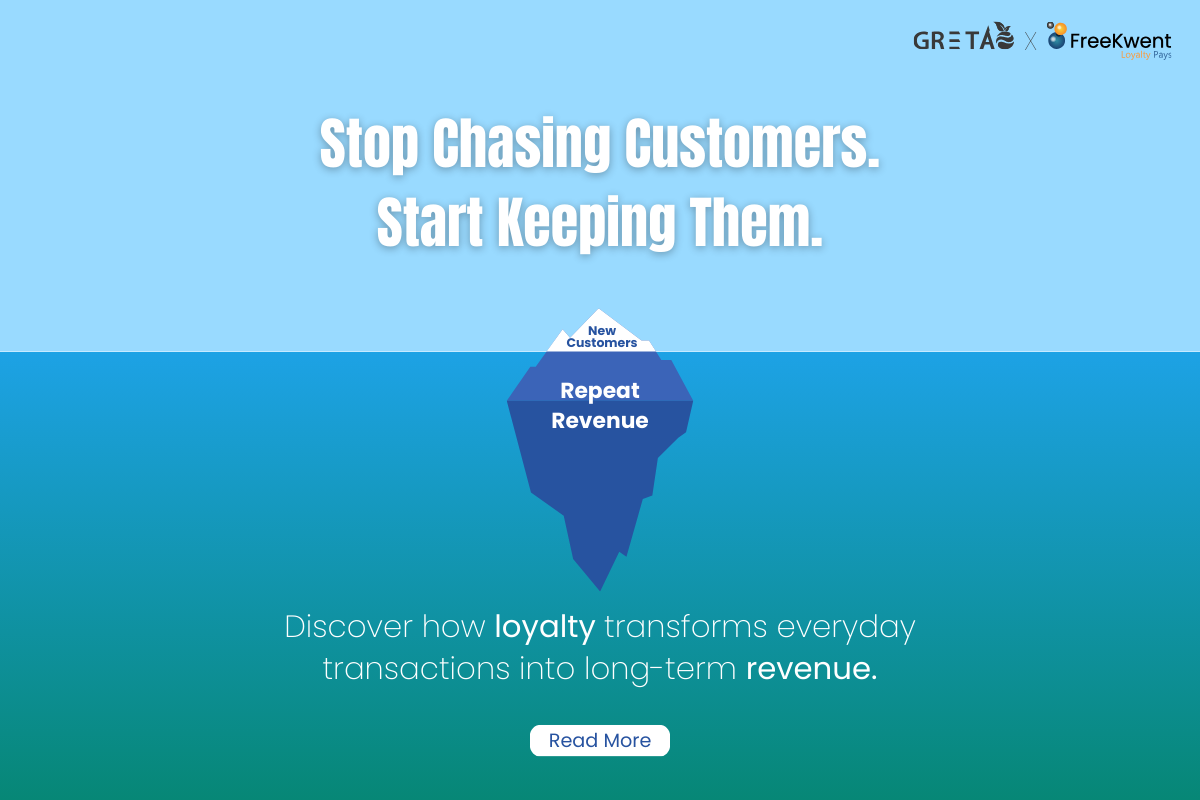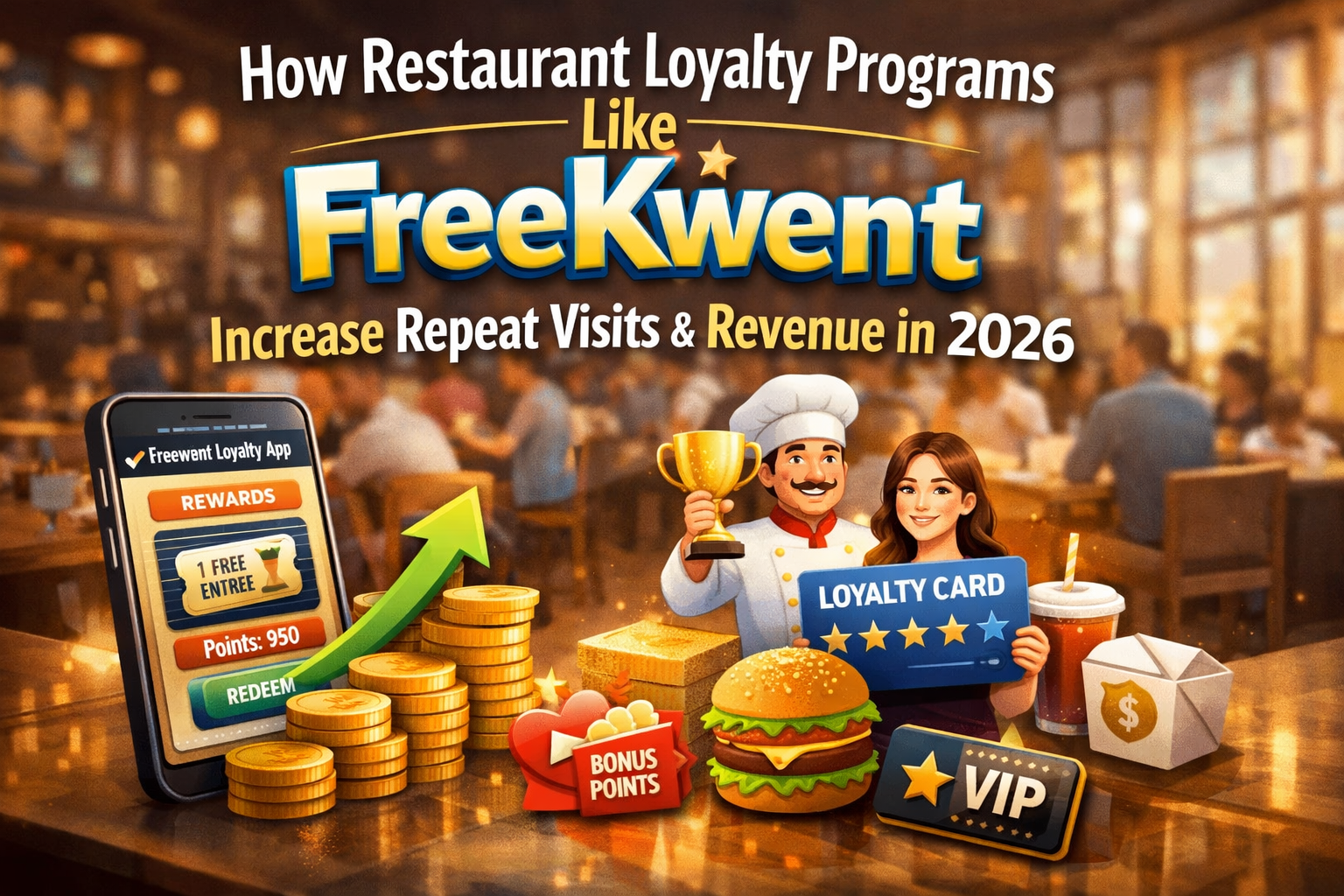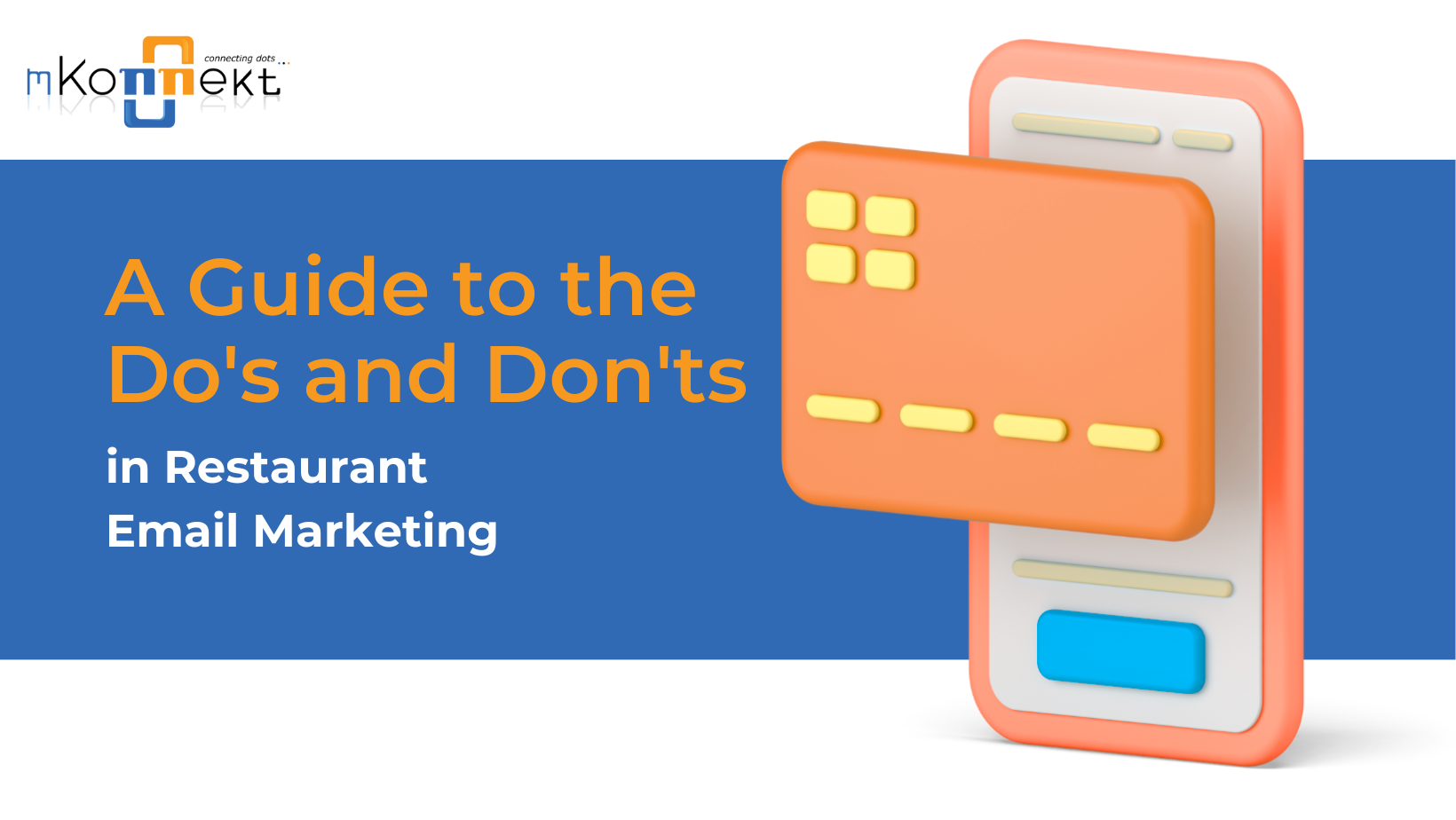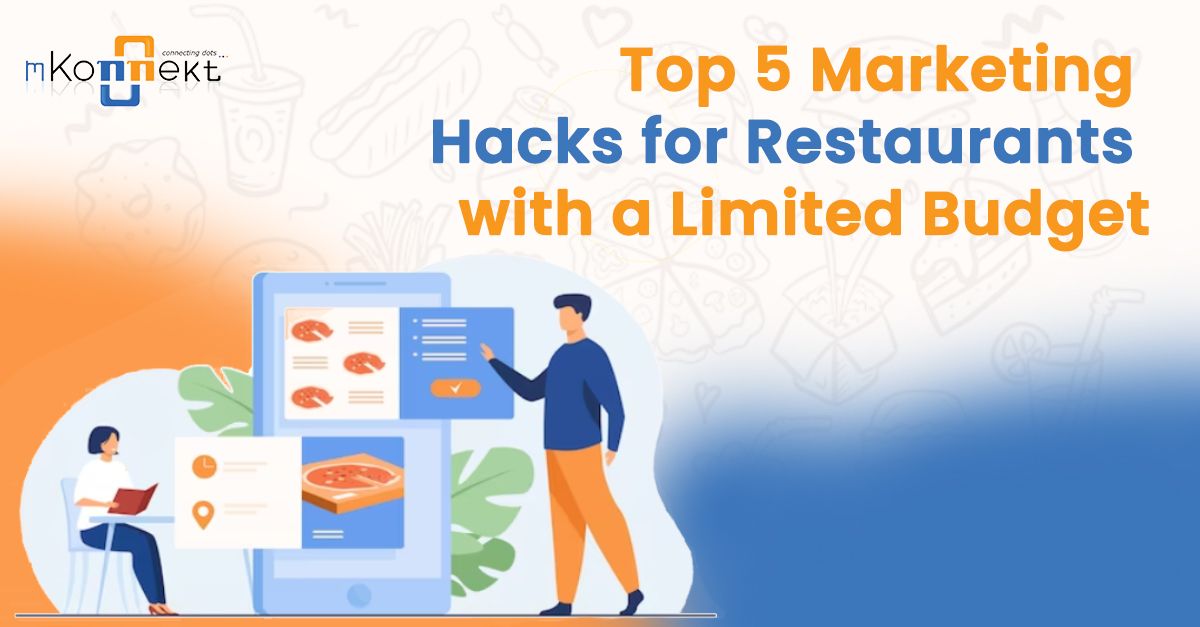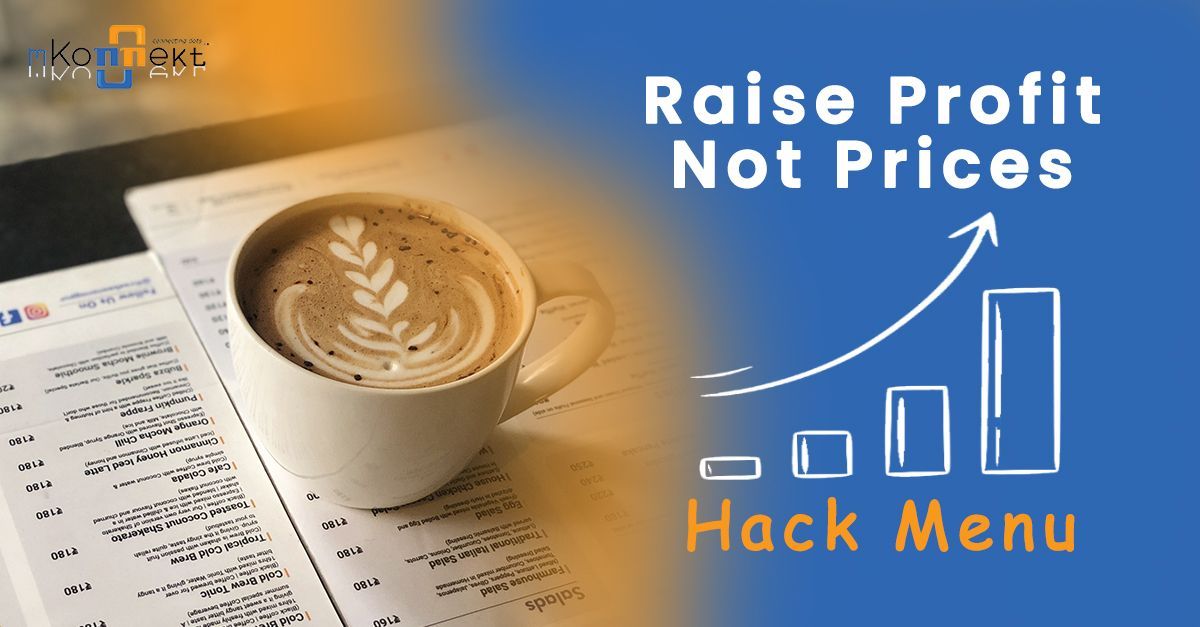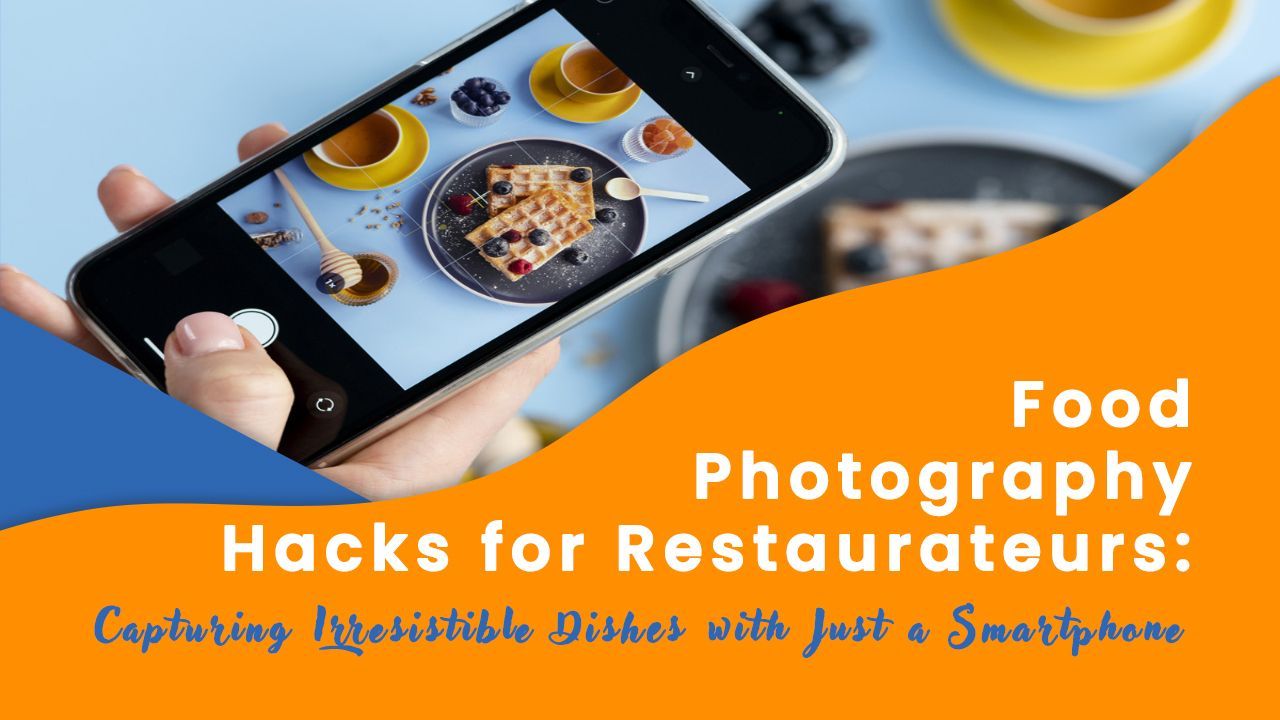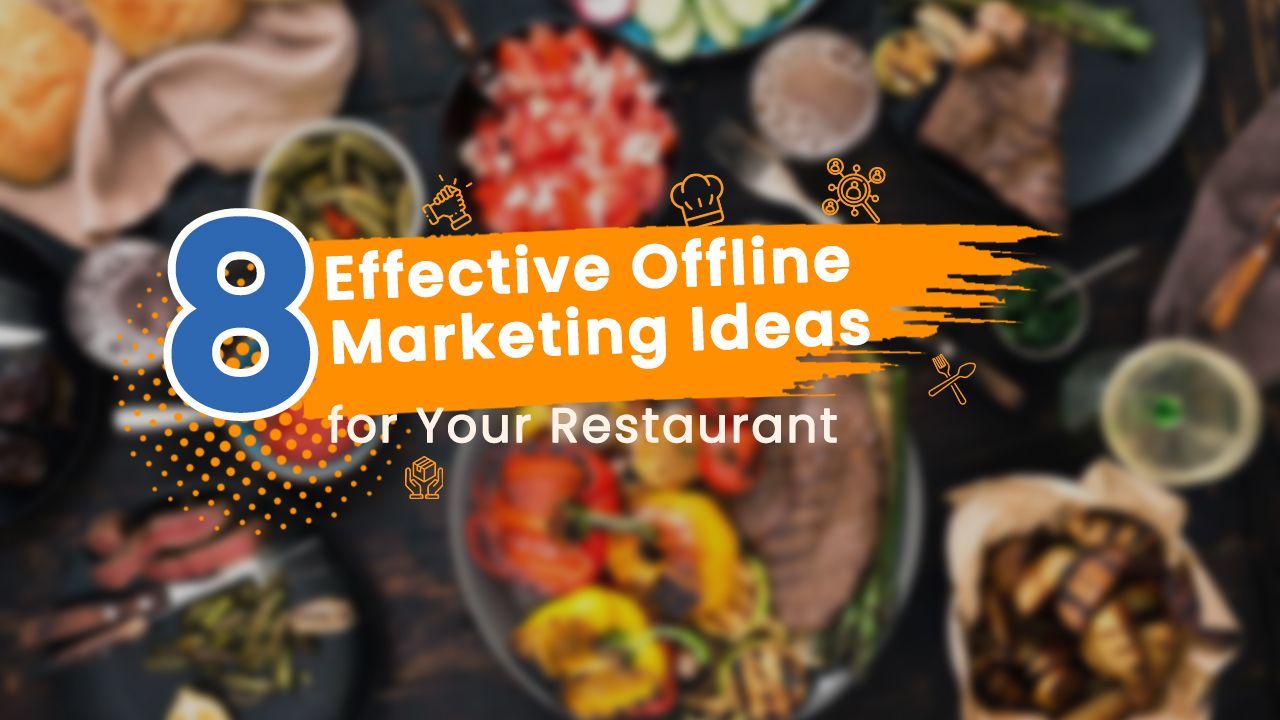Metaverse And The Restaurant Industry
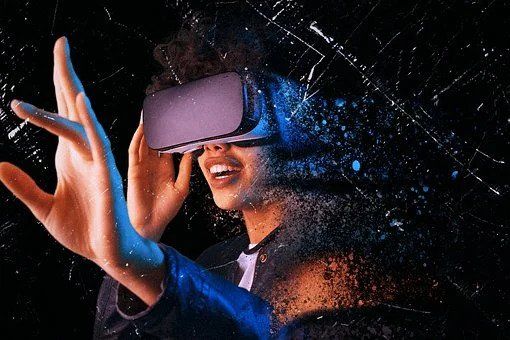
One of the hottest subjects right now is Metaverse, often known as Meta or web 3.0 by others. What is the metaverse, when will it arrive, and how will it impact our lives are all topics that should be discussed, it’s just the right time.
So, where did it all begin? Neal Stephenson's dystopian cyberpunk novel Snow Crash is credited with coining the term "metaverse." The novel was published in 1992 and is considered a canon of the genre, along with William Gibson's Neuromancer, which describes the matrix, a virtual reality dataspace.
It's a hybrid technology that blends virtual reality, augmented reality, and video to let people "live" in a digital world. The metaverse is made up of two technologies: virtual reality, which is characterized by persistent virtual worlds that continue to exist, and augmented reality, which combines aspects of the digital and physical worlds. It does not, however, imply that those locations may only be visited via VR or AR.
In a nutshell, it is living inside the internet, where you can party, buy, sell, attend events, and socialize.
What Is The Difference Between Facebook And Metaverse?
Facebook is a social networking website where users can post comments, share photos, and share links to news or other interesting web content, as well as chat, live, and watch short-form videos.
Shared content can be made public, or it can be restricted to a small group of friends or family, or to a single person.
Whereas, Meta is a concept involving an online world in which people can interact with one another, collaborate, and communicate virtually without having to be in the same physical space. For example, you could be in New York while your family is in Texas, but you could all see a movie together in the same room. It's like Zoom or Google Meet on a much larger scale. Rather than staring at a screen, you'd be able to see your family members across the table.
Facebook is simple to use and accessible to anybody. Even those with the least technical knowledge can sign up and start posting on Facebook. Although it began as a way to stay in touch with long-lost acquaintances, it quickly became the darling of businesses that we're able to narrowly target an audience and deliver adverts straight to those most likely to be interested in their products or services.
The VR, or virtual reality, headset appears to be the device of choice for the metaverse at the outset, at least according to Facebook.
“You’ll be able to hang out with friends, work, play, learn, shop, create, and more. It’s not necessarily about spending more time online — it’s about making the time you do spend online more meaningful," In a September blog post, the company made the familiar pitch about time spent on its platforms.
What Does It Mean For The Restaurant Industry?
This concept is not totally new for the restaurant industry.
Sublimotion
in Ibiza, Spain, has been operating as one of the most exclusive, luxury VR food experiences for the past seven years. The multisensory space provides guests with a futuristic, interactive audio/visual event. While the price tag unfortunately puts Sublimotion out of reach for the average consumer, as technology advances, less expensive options have become more readily available to foodies who want to see food as an experience rather than just a source of nourishment.
Mark Zuckerberg gave a "feast for your eyes" presentation to show how restaurants may incorporate this strategy easily.
It allows guests to swipe through a virtual reality menu, which allows them to explore options such as finding ingredients and witness the menu items being prepared and cooked. Restaurants might even allow guests to order directly from the virtual menu while dining in or ordering for delivery, according to Zuckerberg.
AR/VR and Avatars may replace physical staff or even manage a front office, from bookings and service provision to property sales. If this were possible, the industry's labor challenges could hasten the adoption of the metaverse faster than expected.
Restaurants can also create a Metaverse universe that allows guests to virtually experience the restaurant with their friends and family. This will allow people to have the experience of dining in a real restaurant while remaining in the privacy of their own homes.
“Often restaurants experience a tug of war between experience and convenience. The metaverse is the ultimate marriage of these two elements. Customers can look at and order food without leaving the house, whilst still having the experience of going out for a meal with others,” says Joseph Schumaker, who is president and CEO of foodservice consulting start-up
FoodSpace.
What is unknown is how the normal mom-and-pop restaurant will deal with these massive technical advances and their financial consequences.
The most concerning aspect is that the metaverse prefers chain restaurants with large creative and technical budgets. Some independent operators might be excluded from the metaverse.
How Can One Prepare For It?
When it comes to evolving technology and applications, the possibilities are endless, and restaurants have complete control over what they choose to do as the meta world expands.
Food will be integrated into virtual experiences by brands. Restaurants will be able to recreate their physical space in the metaverse and invite guests from all over the world instead of using traditional email marketing. The metaverse will provide new opportunities to test promotions and loyalty programs.
Once more people begin to participate in the metaverse, apps will no longer be the primary ordering channel. Companies such as
Doordash,
UberEats, and
GrubHub
will need to reconsider their strategies as ordering and discovery become more integrated into more interoperable experiences. Someone would have to deliver the food after all!
While we expect restaurants to always accept dollars, we believe that over the next five years, a few large cryptocurrencies will emerge to the top of the metaverse. A restaurant's branding and marketing activities will be influenced by the money it takes.
Wrap Up
In the real world, most of us enjoy sitting down with friends at a relaxed restaurant and having a great conversation. That will not change as a result of the metaverse. Restaurants will continue to offer those one-of-a-kind experiences. However, through the metaverse, restaurants will be able to reach more customers who may not be able to attend in person.
Summarizing the whole discussion, all restaurants should prepare for the Metaverse, because it’s not very far, it’s already here!
If you have something to add, please add yourself to our Facebook community, HERE'S the link, let’s start connecting!
